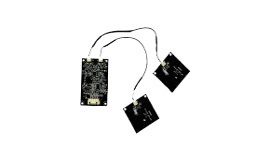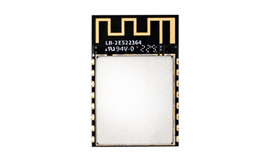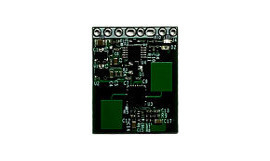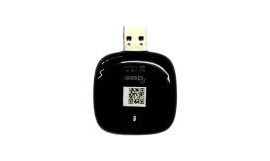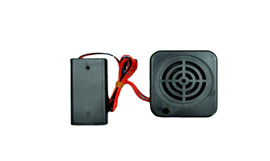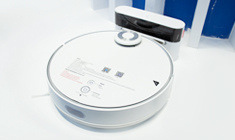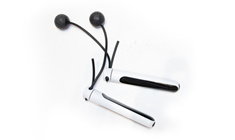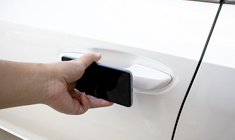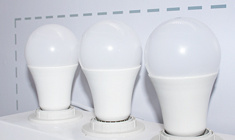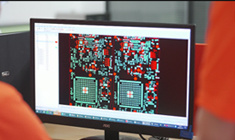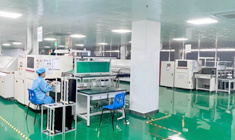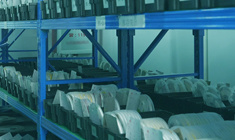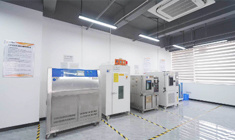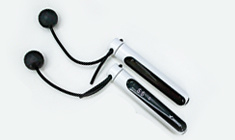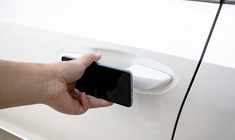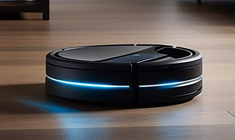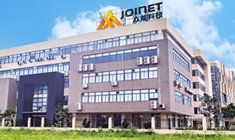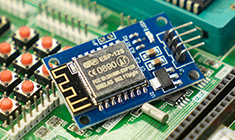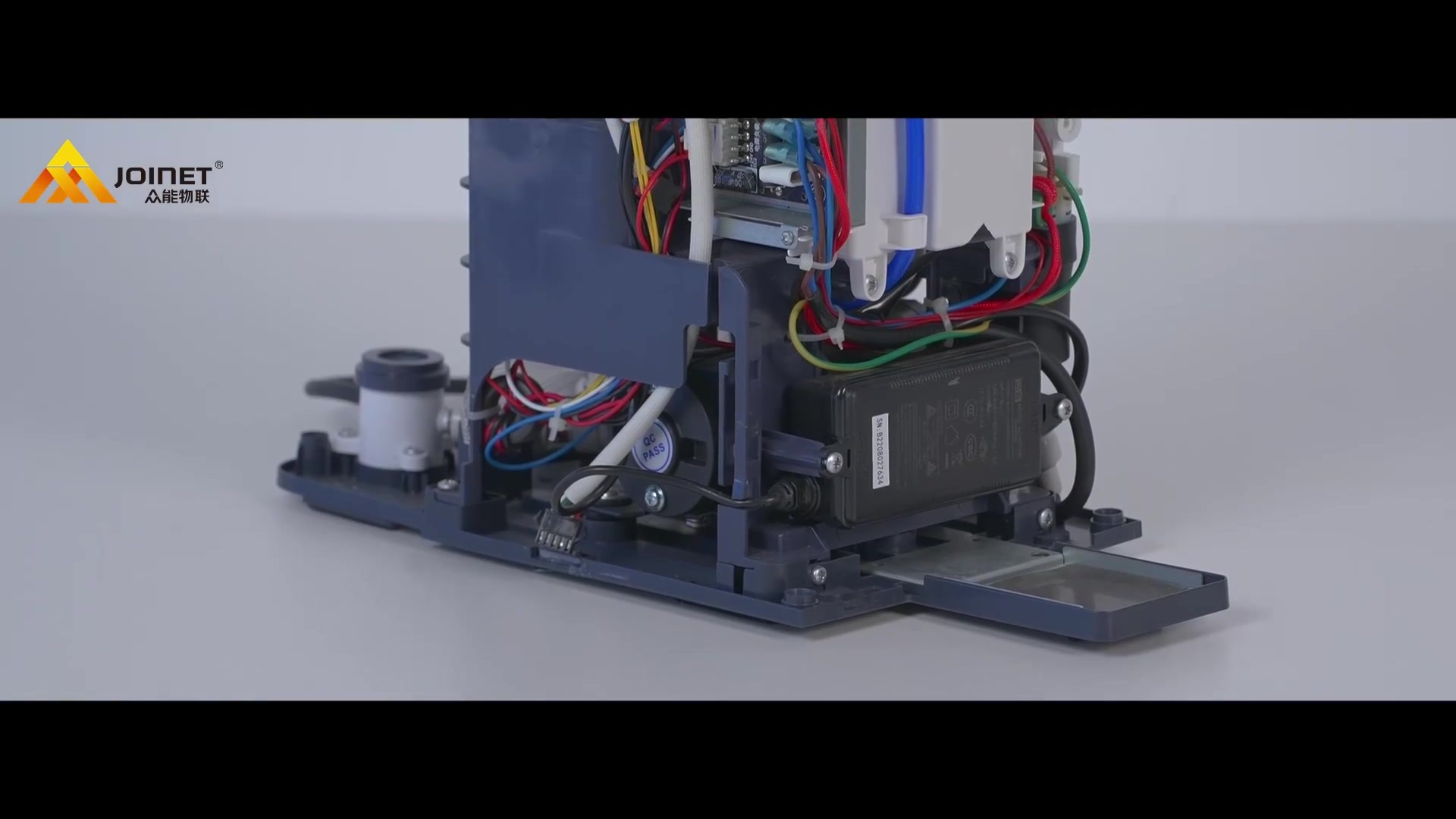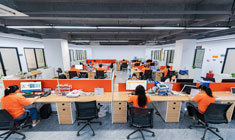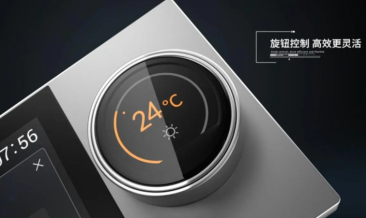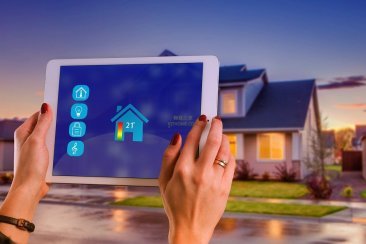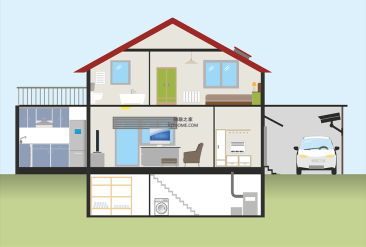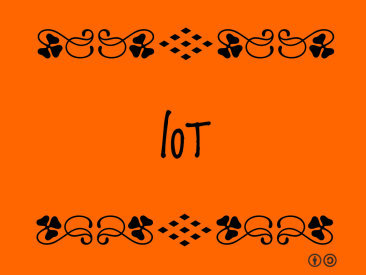
The future of the Internet of Things and self-storage
Release Time:
2021-06-18
The Internet of Things helps self-storage operators work smarter while taking better control of their business. The Internet of Things refers to any network of "things" connected to the Internet that are capable of interacting independently of humans. These "things" can be anythi
The Internet of Things helps self-storage operators work smarter while taking better control of their business. The Internet of Things refers to any network of "things" connected to the Internet that are capable of interacting independently of humans. These "things" can be anything from Alexa-powered virtual assistants to heart monitor implants for patients.
In the world of self-storage, the adoption of iot technology seems endless and quickly breathes new life into otherwise stagnant operational technologies. Let's look at the areas of business that are most likely to get help.
Focus on key points
The main selling point of the Internet of Things is the centralization of data and the flexibility to access it. Alerts and notifications can be automatically sent to management and are readily available through the system's dashboard. Help minimize operating costs by proactively identifying areas that require maintenance or attention and taking the overall awareness of employees to the next level.
One of the key beneficiaries is on-site security. Technological advances have taken the industry far beyond the basic requirement of self-warehousing, which is ensuring the safety of tenants' belongings. The improvements enhance security for tenants and operators. Here are four key areas that the Internet of Things has improved:
Lock the door. Usually, when a customer rents a unit, he locks it with his own physical lock. If the customer defaulted on the rent, the manager would put a second lock on the door and refuse entry until the rent was paid. This process has been going on for decades, and today it's a perfect example of the Internet of Things for self-warehousing.
Since 2018, warehouse operators have been able to install Bluetooth-enabled smart locks on their devices. They can easily grant access to new tenants and provide employees with fast and convenient lock-in options.
The devices have received overwhelmingly positive reviews, prompting several vendors to bring smart locks to market as well as iot services and platforms. These integrated systems offer a variety of solutions and integrations, including Bluetooth and wireless locking, access alarm, HVAC control, mobile platform, alarm, video surveillance and more.
Video surveillance. In and of itself, this is not part of the Internet of Things technology, as it involves systems where people actively examine video sources or record content to some kind of storage device. Traditional video is highly dependent on human-computer interaction, which makes it easy to lose its due role in practice or easy to lose events in the review process.
With the Internet of Things, some video surveillance services can take facility security to new levels of effectiveness by combining artificial intelligence and machine learning to detect, intercept and alert staff to on-site intrusions.
The gate. Automatic doors have been a staple of self-storage for decades, and for good reason. Despite various changes and improvements, the basic principle of granting access only to paying tenants underlies all warehouse operations. However, when criminals try to exploit the vulnerabilities of such systems, the need to implement a platform with a higher level of intelligence becomes obvious.
Iot sensors can be used to automatically alert managers when gates are not performing as expected. The automatically generated alerts may be for trivial situations, such as when the door does not open in time when the tenant enters the correct password, which indicates a hardware failure, or suspicious situations, such as when the door is forced open without entering a valid password. Anyway, an extra layer of security is never a bad thing.
Environmental control device. The ability to provide a temperature or humidity controlled environment to store items has become very popular in self-storage. This is attractive to tenants who wish to preserve sensitive items, and warehouse operators can often rent out space at high prices.
Iot solutions can monitor environmental conditions to help businesses save on energy costs and identify problems before they escalate. For example, platforms can be integrated with HVAC systems to automatically detect broken equipment. This game-changing technology uses embedded sensors to send alerts when repairs are needed, which can proactively prevent potential damage to warehouse assets. In addition, there are other technology integrations on the market that can monitor air quality and thermostat parameters.
other
Here are three notable areas where the Internet of Things could have a positive impact on self-warehousing.
Asset management. People lose things all the time, which makes the idea of autonomous asset tracking via Bluetooth an interesting addition to the Internet of Things environment. By placing small sensors on storage ladders, trolleys and other equipment, it can reduce the time spent searching for misplaced items and eliminate potential theft.
Water leakage detection sensor. Almost every self-storage operator has experienced problems with water damage. The Internet of Things can be integrated with water sensors to monitor leaks in facilities that can turn into costly disasters if not addressed quickly.
No one uses it. The Internet of Things is synonymous with operational efficiency, so it's easy to see how unmanned self-storage facilities could benefit from a further enhanced automated environment. Passive maintenance is often more costly and takes longer to fix than monitoring problems early. Iot monitoring is a proactive maintenance approach that can provide valuable insight while reducing personnel costs.
summarize
Iot adoption in the self-storage industry is still in its infancy, but the adoption rate is sure to rise significantly as more innovations and more practical uses emerge from connected devices and join the ranks of advanced iot systems.
It is certainly refreshing to see where we are headed: a more efficient and profitable future!
Reprinted in the House of Things

Guangdong Joinet IOT Technology Co.,Ltd
Manufacturing Base:
Joinet Technology Park,No. 168 Tanlong North Road,Tanzhou Town,Zhongshan City,Guangdong Province,China
Pre Sales Hotline:19966308713 13823973022
Switchboard:0760-8663 0003 (transferred) 523
Pre Sales Email:sw@znaiot.com


Contact Us:
Looking forward to your call anytime


